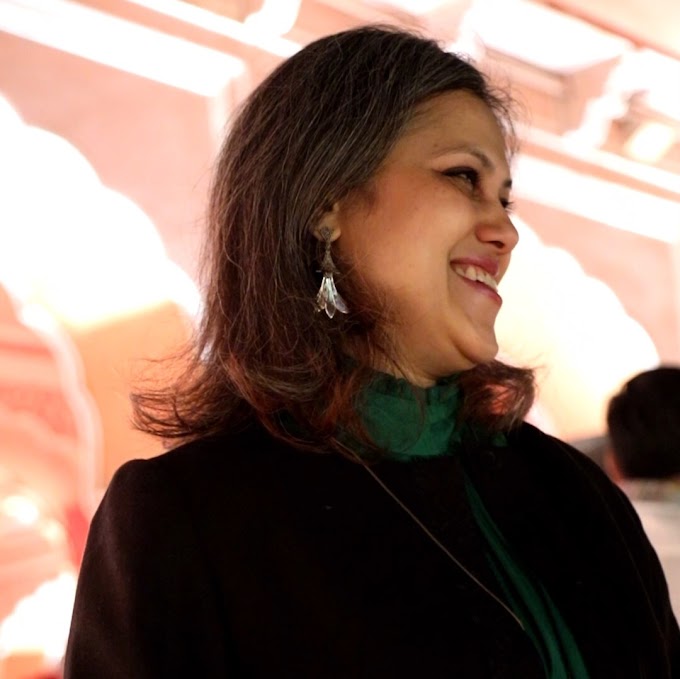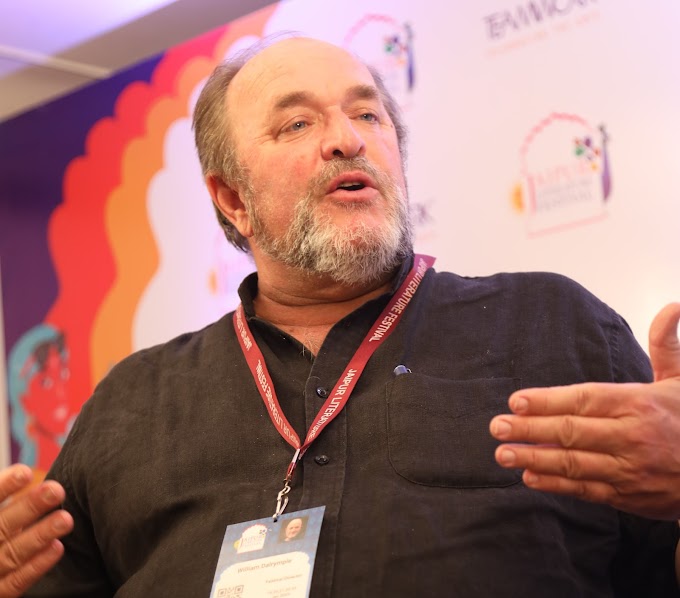As humans, we are constantly bombarded by a barrage of stimuli from the world around us and each one of them are clamouring for our attention. They seek to influence our behaviour. Deep within the folds of our brains lies the epicentre of the most intense battles we will ever face. It is here, in the complex network of neurons and synapses, that the struggle for control of our thoughts and actions plays out.
It is easy to think of our actions as being driven solely by
conscious choice, but the truth is far more complex. Every decision we make is
preceded by a flurry of activity in our brains - an intricate dance of neurons
firing and transmitting messages at lightning speed. In this way, even the most
involuntary actions we take - the twitch of a muscle, the blink of an eye - are
the result of an astonishingly complex series of processes taking place within
our heads.
It is not just our involuntary actions that are influenced by the workings of our minds. In fact, the battle for control is most intense when it comes to the decisions we make consciously. How often have we found ourselves torn between two choices, our thoughts and feelings pulling us in opposite directions? It is here that critical thinking comes into play, allowing us to take a step back and examine the situation from a more objective perspective.
To master our minds and achieve the best possible outcome, we
must first understand ourselves. We must study our own behaviour, words, and
actions, examining the patterns that emerge and seeking to identify the factors
that influence our decisions. Only by doing this can we begin to gain greater
control over our thought processes, allowing us to steer ourselves towards the
outcomes we desire.
Our words have the ability to shape our thoughts and influence
our behaviour, often in ways that we are not even aware of. From the way we
talk to ourselves in our heads to the conversations we have with others,
language is a tool that can be used for both good and ill.
Consider, for example, the power of negative self-talk. When we tell ourselves that we are not good enough, that we will fail, that we are not deserving of success, we are setting ourselves up for failure. Our thoughts have a way of becoming self-fulfilling prophecies, and if we allow ourselves to be consumed by negative thinking, we will find ourselves unable to break free of the cycle.
And yet, the opposite is also true. When we use language in a
positive and empowering way, we can achieve incredible things. By telling
ourselves that we are capable, that we can succeed, that we are worthy of love
and respect, we are opening up new possibilities for ourselves. We are giving
ourselves the tools we need to take control of our lives and shape our own
destinies.
But language is not the only tool at our disposal. We can also
use visualization and other mental techniques to help us achieve our goals. By
creating a mental image of the outcome, we desire and focusing our thoughts and
energies on that image, we can bring it into reality. This is not magic - it is
simply the power of the mind at work.
And yet, even with all of these tools at our disposal, the battle for control will always be fierce. Our minds are complex and multifaceted, and there are countless factors that can influence our thoughts and behaviours. From the traumas of our past to the expectations of those around us, there are many forces that can work to shape our thinking in ways that are not always in our best interests.
It is here that critical thinking truly comes into its own. By
learning to question our assumptions and examine our thought processes with a
critical eye, we can begin to identify the factors that are holding us back and
find new ways of thinking that will help us achieve our goals.
This is not an easy process, and it requires a great deal of courage and persistence. It means facing up to the ways in which we have been conditioned by our upbringing and cultural environment, and acknowledging the ways in which these factors have influenced our thinking.
It also means being willing to challenge our own beliefs and
assumptions, even when it is uncomfortable to do so. It is easy to fall into
the trap of thinking that we know all there is to know about a particular issue
or situation, but the truth is that there is always more to learn. By remaining
open-minded and willing to listen to different perspectives, we can expand our
thinking and uncover new possibilities that we may not have considered before.




